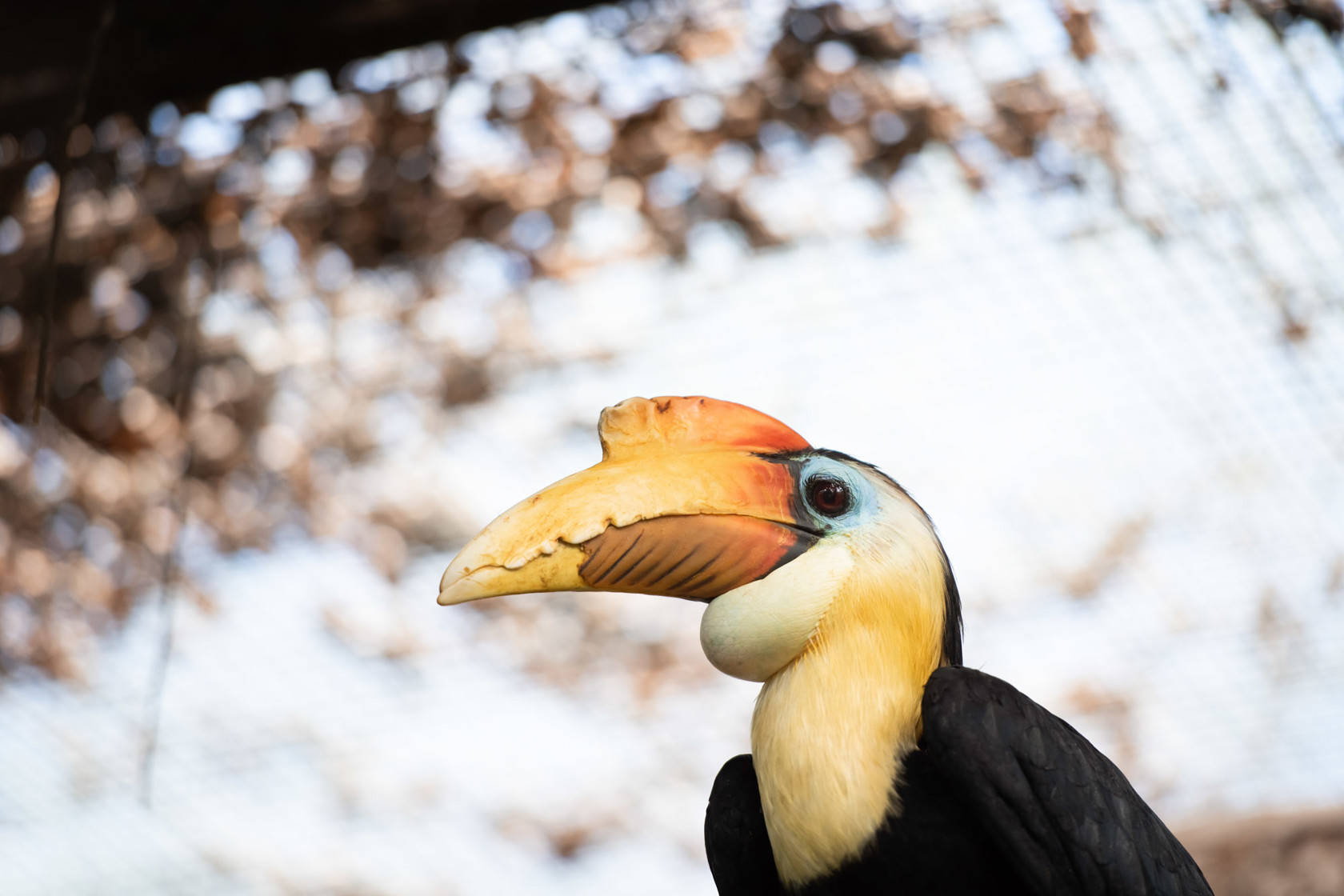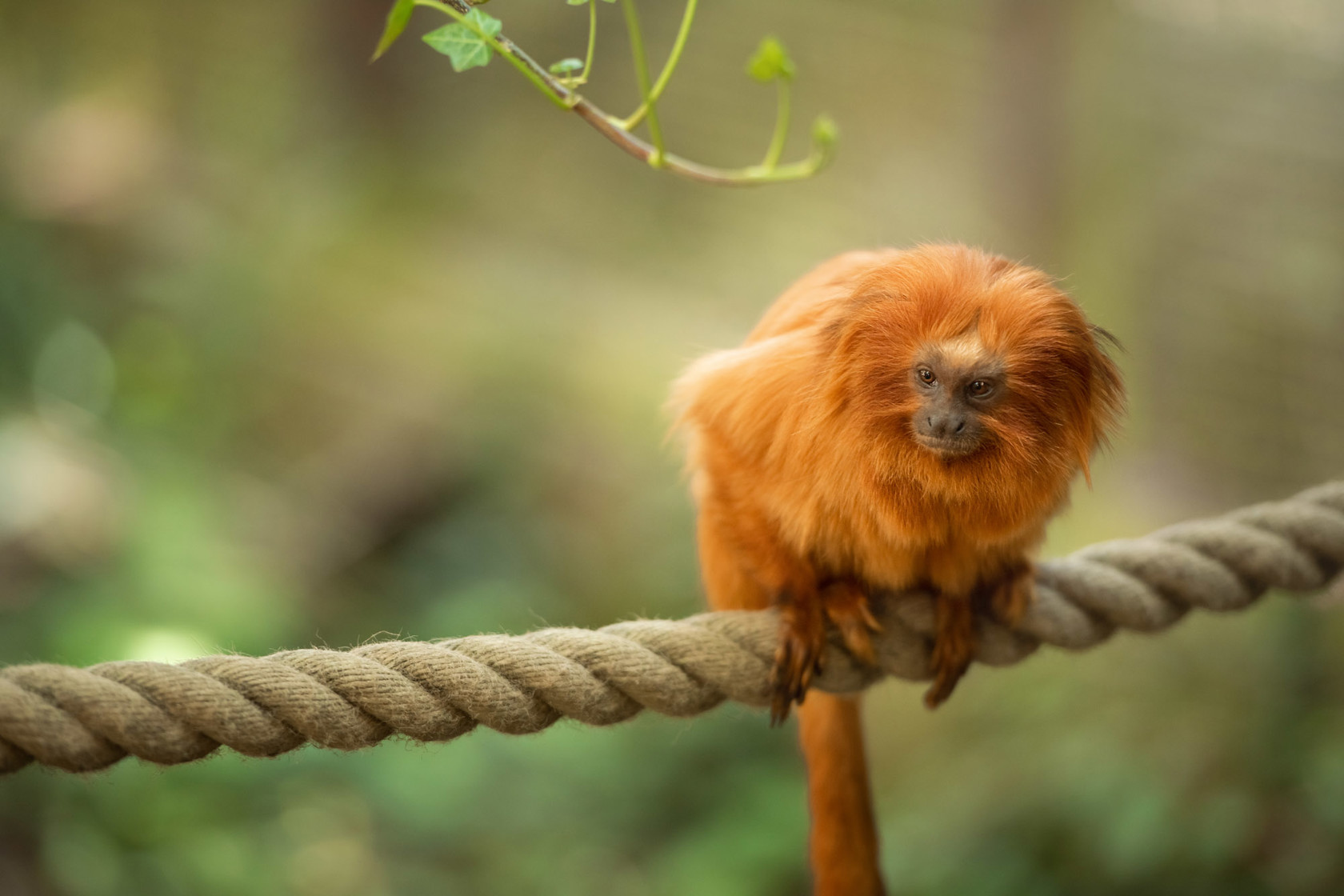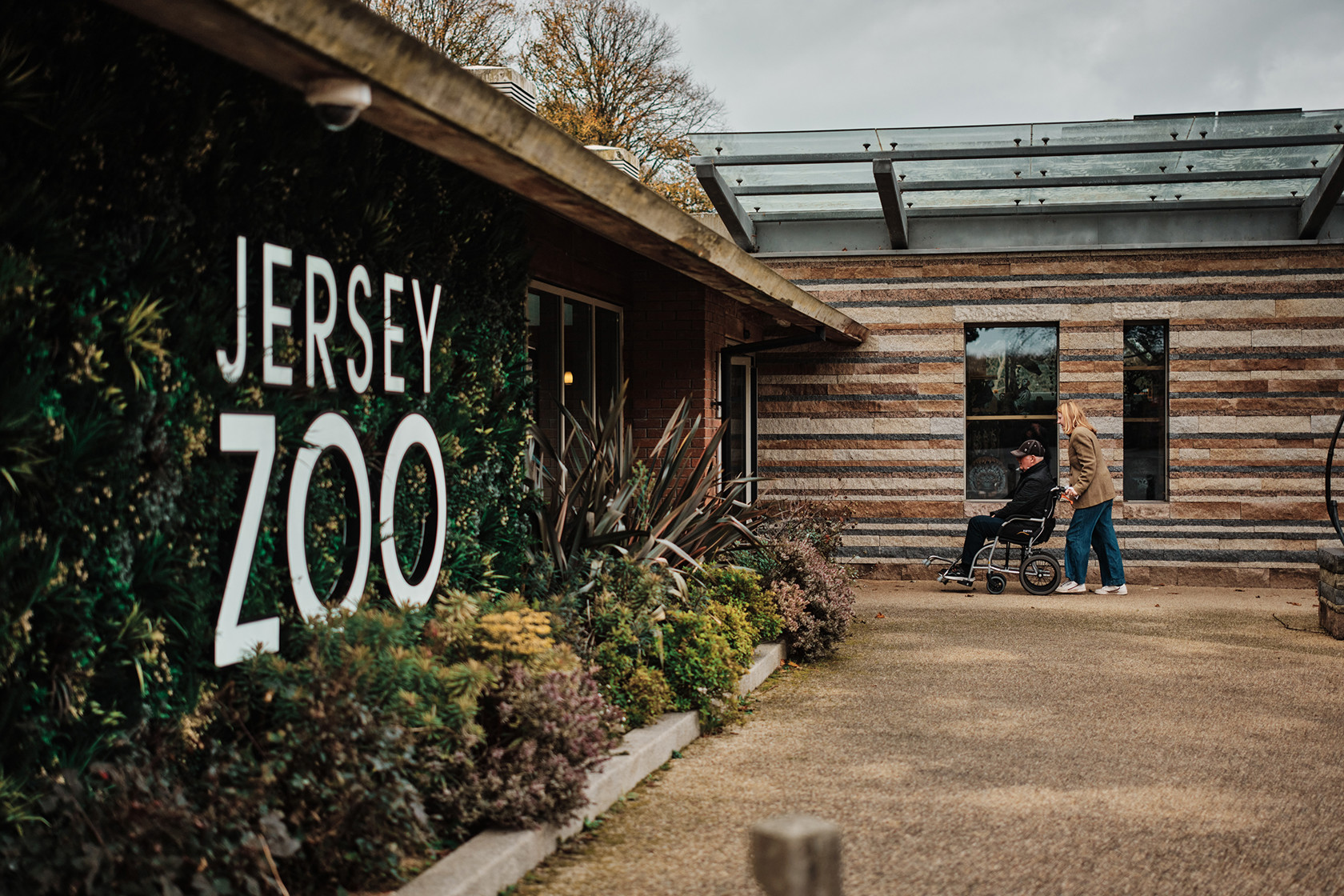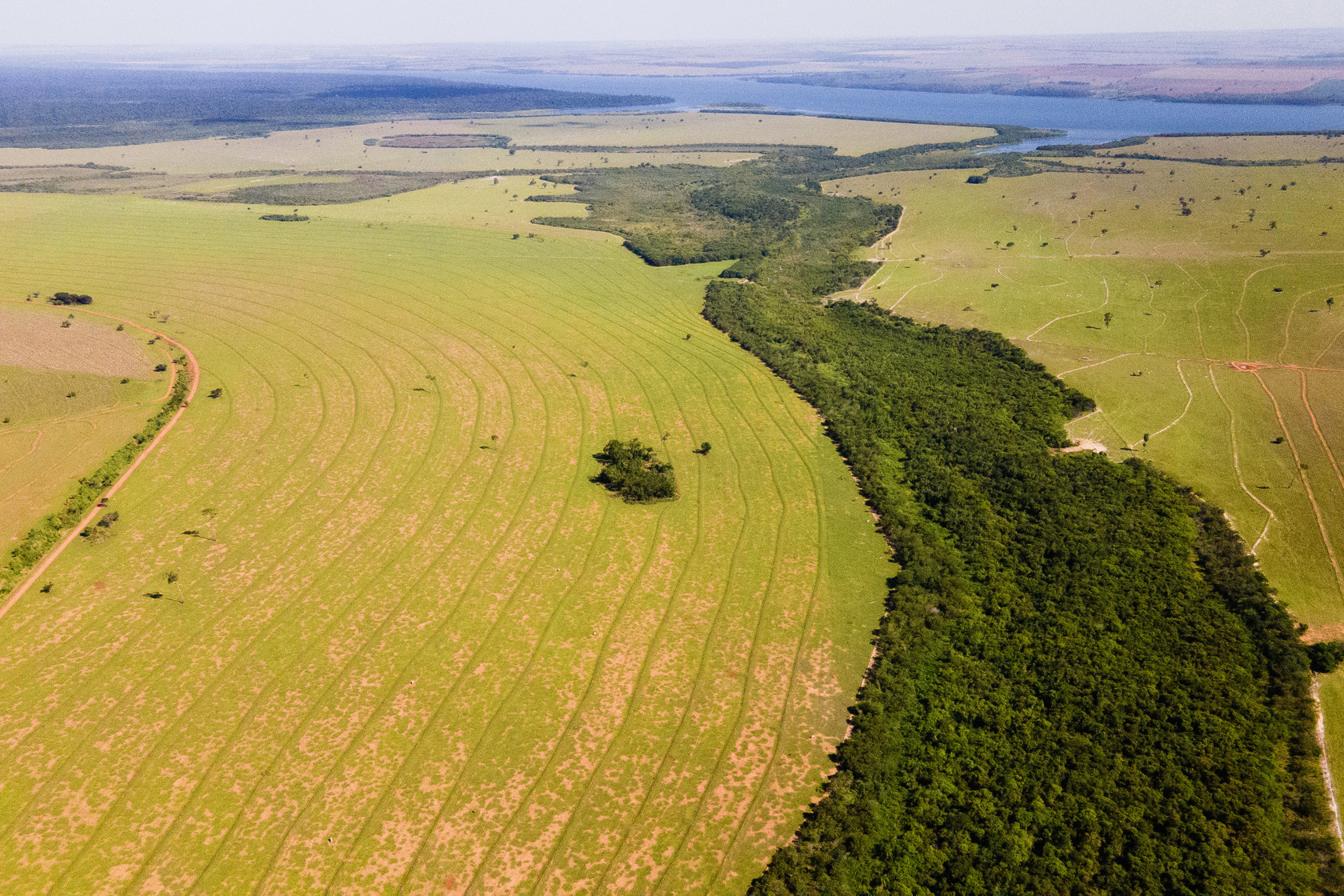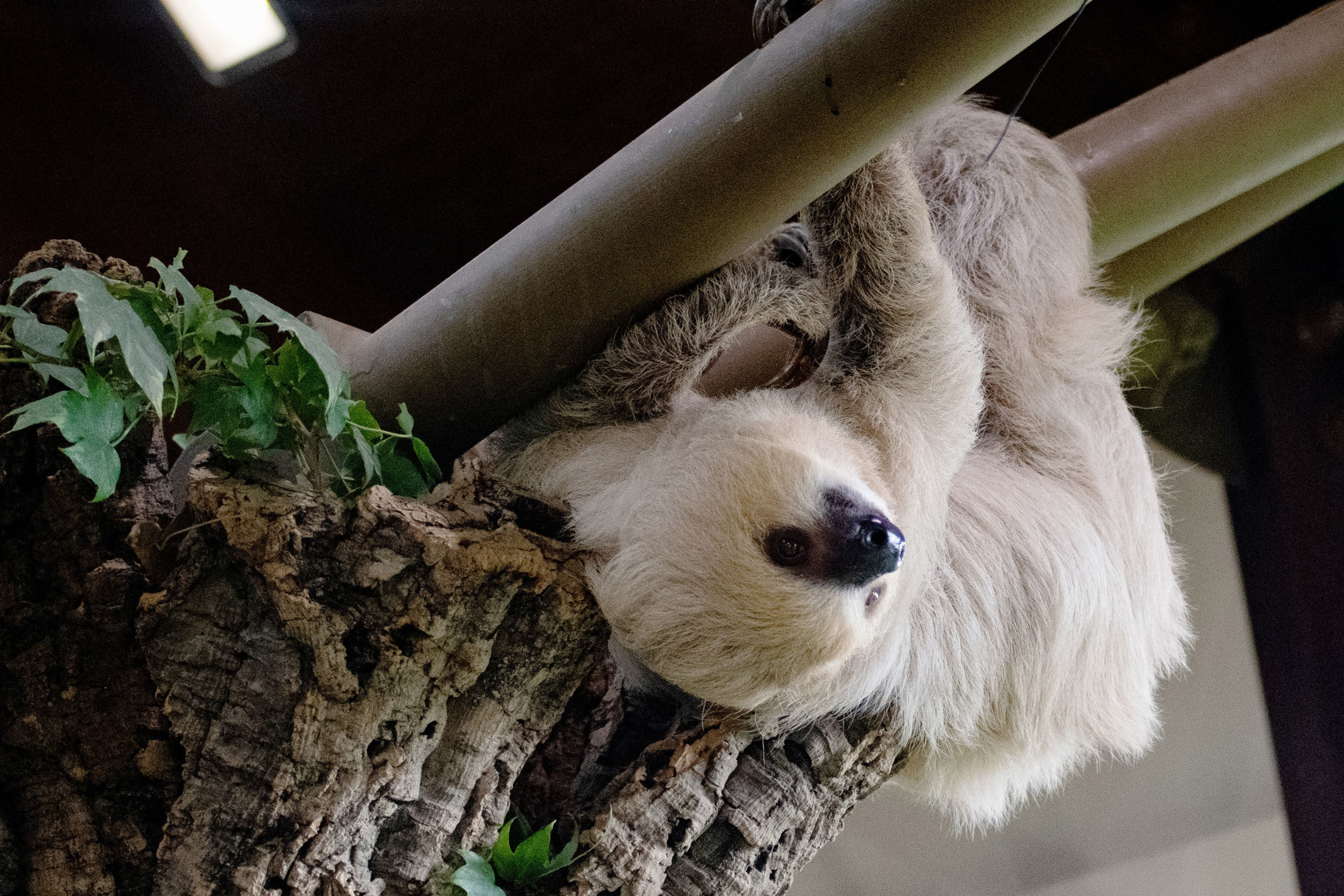Capacity building provided for Malagasy amphibian conservation groups
30 January 2019
By Bela Barata
At Durrell we are committed to the development of in-country capacity that can increase in-situ conservation success of our past and current projects. As part of the CEPF funded project Building a Future for the Amphibians of Madagascar, we have been supporting two Malagasy Amphibian Survival Alliance positions to lead the coordination of the national amphibian action plan and build national efforts for amphibian conservation. As part of their work Tsanta Rakotonanahary and Serge Ndriantsoa, have successfully organised two training opportunities in amphibian conservation involving local conservation groups and the government.
A 4-day training workshop was delivered in November 2018 at Andasibe National Park, to build capacity within various local NGOs and associations working on amphibian conservation and enable them to exchange experience to start developing an amphibian conservation network in Madagascar. The workshop covered topics on amphibian survey, research processes and sampling techniques and consisted of presentations, discussion groups, case studies and practical activities. It was delivered by Tsanta, Serge and the Amphibian Specialist Group in Madagascar.
Participants were from different sectors, including local NGOs, the Zoology and Animal Biodiversity group at University of Antananarivo and the Ministry of the Environment, Ecology and Forests. With 12 organizations involved, the workshop had logistical support from Association Mitsinjo and funding from the Critical Ecosystem Partnership Fund.
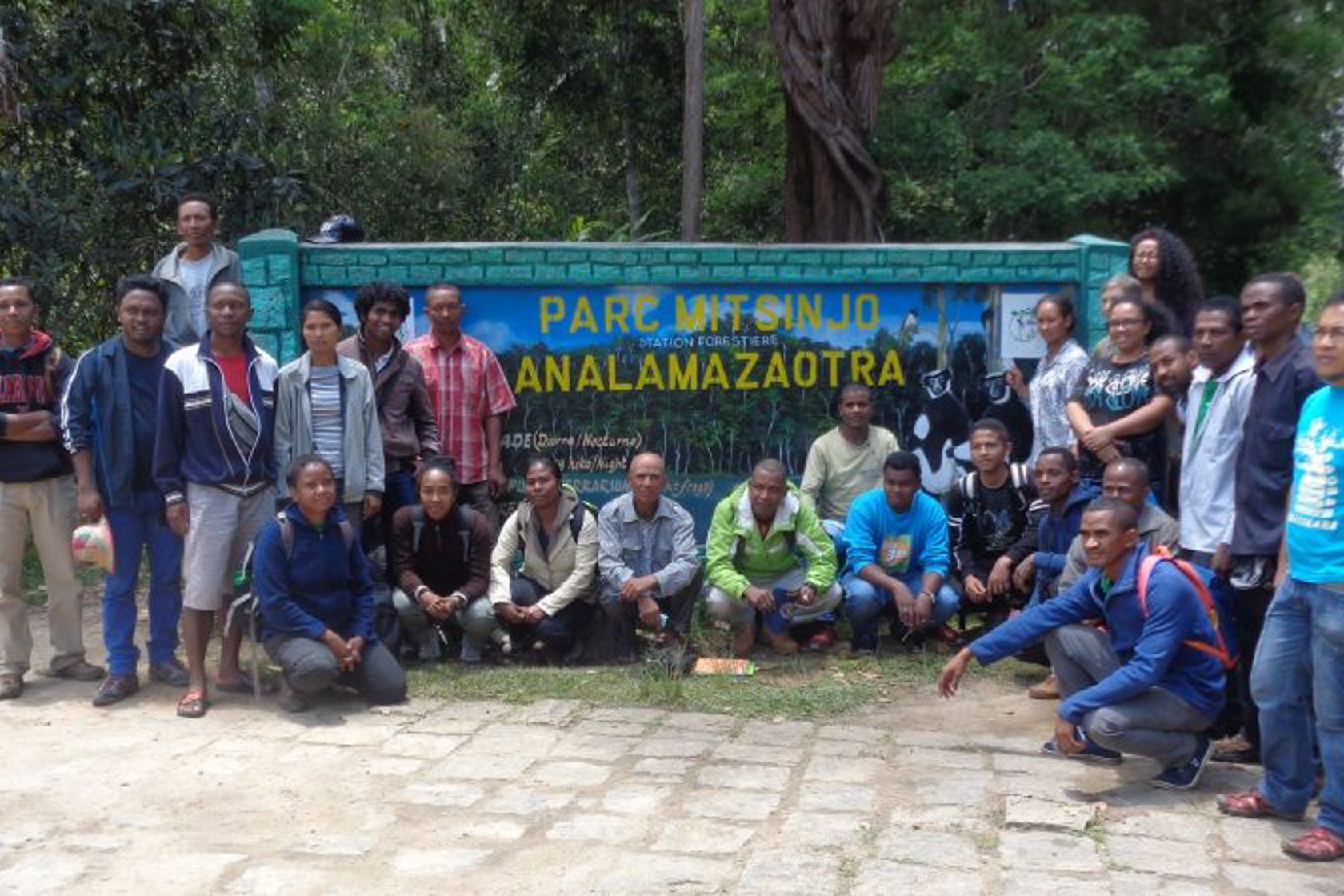
A second training workshop was held earlier in September 2018, also in Andasibe. The 2-day workshop was delivered to the staff from the research permit department at the Ministry of Environment, Ecology and Forests. In addition to building relationships, this workshop aimed to provide a basic insight and understanding of amphibian research, to help the staff in reviewing process of research permit applications.
The workshop was followed by a 1-day meeting in Antananarivo that involved the Ministry staff and representatives from local NGOs and organisations. The meeting encouraged a dialogue between researchers and government and participants had the opportunity to sit side-by-side to discuss the application process of a research permit and how this can be improved in the future.
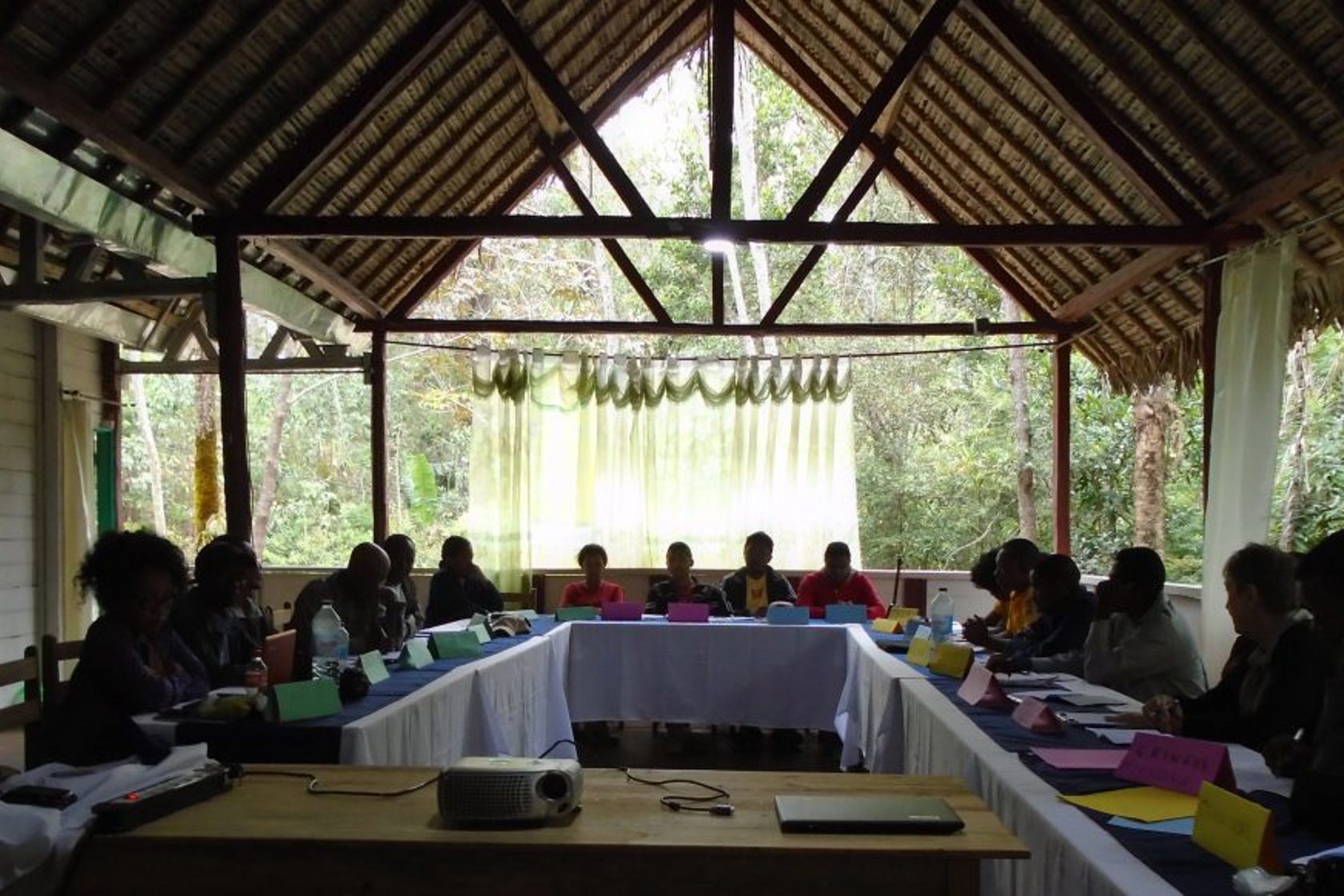
These workshops enhanced the opportunities of strengthening a conservation network in Madagascar by engaging groups from different sectors and building capacity of local participants that will contribute to our mission of saving species from extinction. To further the conservation for amphibians in Madagascar there needs to be collaborative groups of local practitioners that is capable of implementing species conservation in the most efficient and effective way – and we are making good progress!

